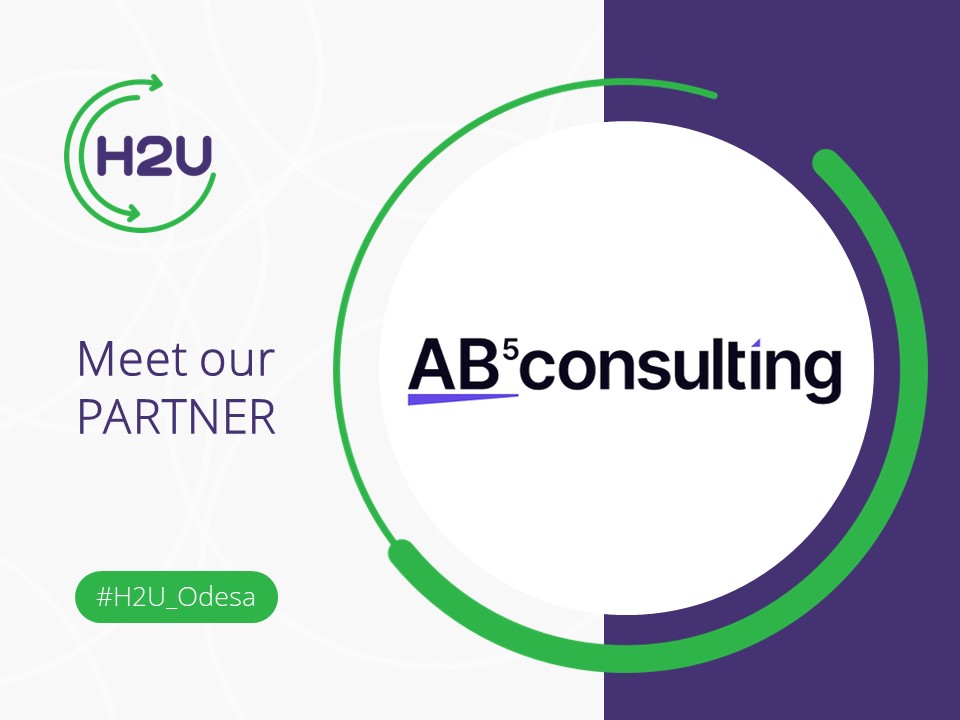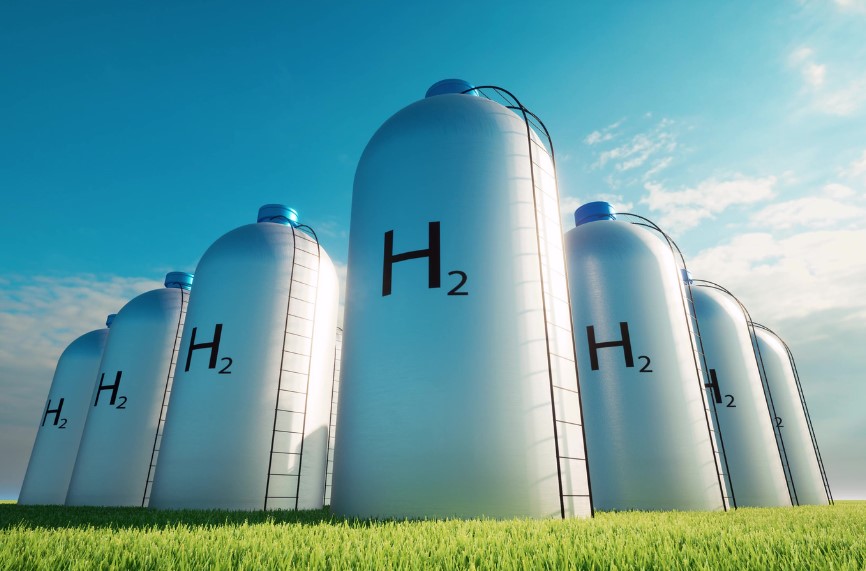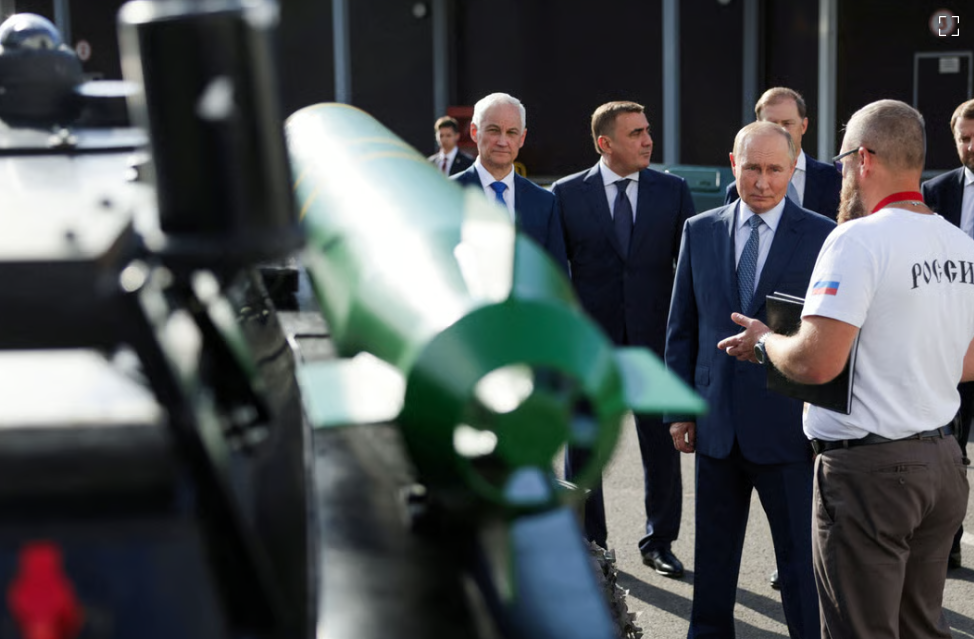The company Hydrogen Ukraine and AB5 Consulting have received a grant from the United Kingdom to implement the H2U project for the production of renewable hydrogen in the city of Reni, Odessa region. In addition to the construction of the plant, the project also involves the construction of solar and wind power plants to provide reliable energy supply to the enterprise. This was reported by the press service of the Hydrogen Ukraine.
The grant for the H2U project was provided by the British Embassy in Kyiv as part of the InnovateUkraine competition. This project aims to revolutionize energy production in Ukraine by using renewable sources to produce "green" hydrogen - clean and versatile energy carrier.
According to the project, the initial electrolysis capacity of the new plant will be 100 MW. It will produce hydrogen for both domestic needs and export to EU countries. In the initial stage, the production capacity is planned to be 7-8 thousand tons of hydrogen per year, which is 400-750 tons per month.
The production costs of 1 cubic meter of hydrogen will be 1.5-2 liters of water and 4.5 kWh of electricity. In addition to the main product - hydrogen, by-products - oxygen and methanol - will be formed as a result of the technological process. They can also be realized to increase the company's profit. Oxygen is used in construction, medicine, and agriculture.

Methanol, as a universal solvent, can be used in various sectors of the economy. Along with the plant, the construction of solar and wind power plants with capacities of 120 MW and 80 MW, respectively, is planned. They will provide reliable energy supply to the plant capable of withstanding external interruptions. The British Foreign Ministry will finance 70% of the cost of the comprehensive technical-economic justification, the rest will be covered by Hydrogen Ukraine.
The British company AB5 Consulting is developing this document. The availability of the technical-economic justification will also create the opportunity to attract external investments for the construction of the plant. Construction is planned to start in 2 years, after all necessary research and development of complete documentation.
The total investment in the plant, renewable energy capacities, and infrastructure for hydrogen transportation to the EU is estimated at approximately 300-400 million euros. Competitiveness Given the relatively low cost, Ukrainian "green" hydrogen can already compete in the European market, especially if we are talking about liquefied product for refueling vehicles.
For example, at refueling stations in Germany, hydrogen costs about 12 euros per kg, and this is mainly "gray" hydrogen, i.e., produced from natural gas. Experts note that in terms of production cost, "green" hydrogen loses to "gray".
Therefore, without support, projects like this will develop slowly. However, they point out that the production cost of hydrogen will decrease every year due to the improvement of production technology.





















